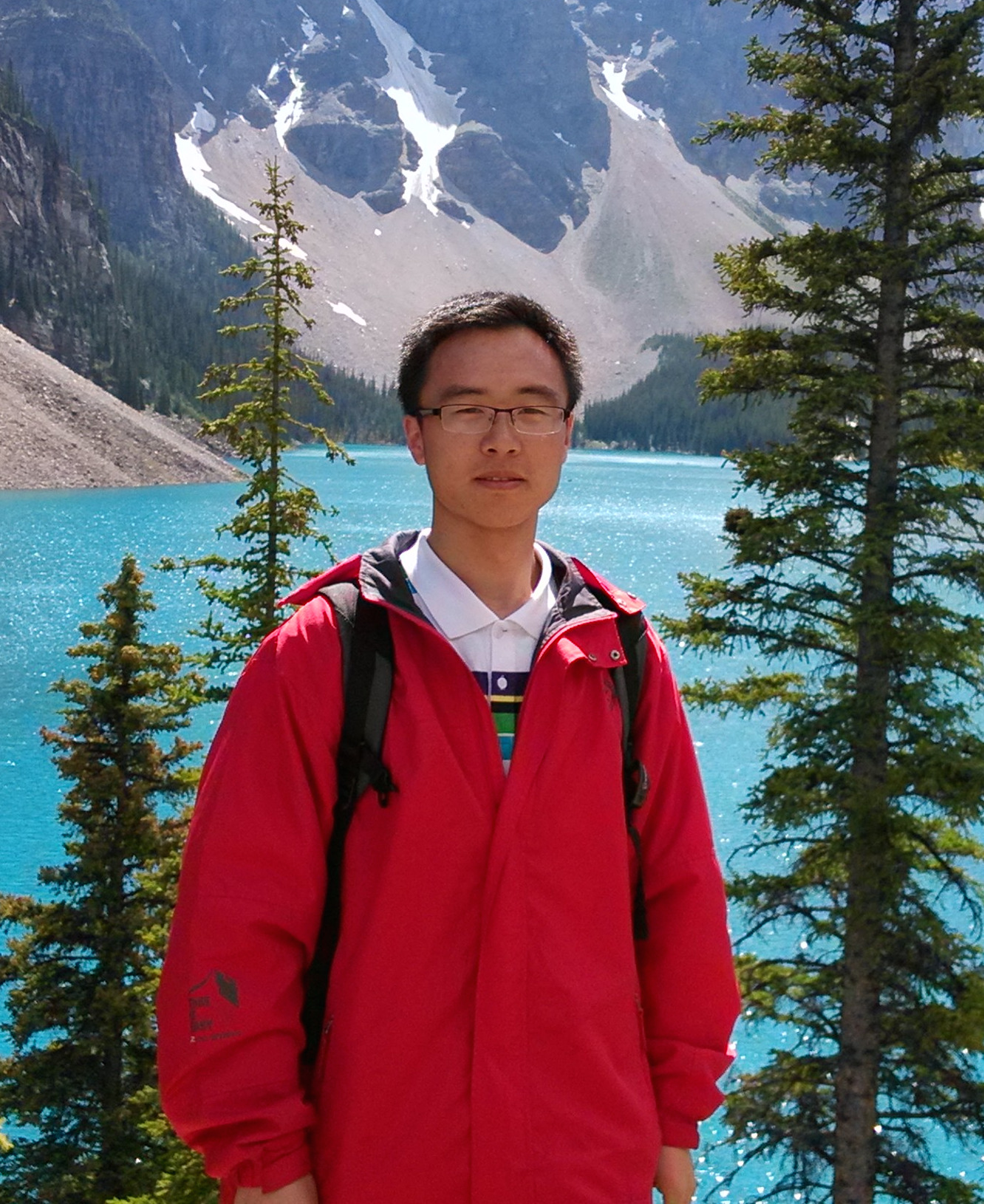

Ph.D. Candidate
CyberInfrastructure & Geospatial Infromation Laboratory
Department of Geography & Geographic Information Science
University of Illinois, Urbana-Champaign
I'm a Ph.D candidate in CyberInfrastructure & Geospatial Infromation Laboratory, supervised by Prof. Shaowen Wang. I am also a member of CyberGIS center in National Center for Supercomputing Applications. The center has its own dedicated super computer ROGER. We do data- and computation- intensive geospatial analytics on various HPC platforms (including scalable database, Hadoop/Spark framework and traditional HPC with many CPUs + GPUs) as well as cloud computing environments (Openstack, Docker, Kubernetes, etc.). We typically deal with disparate geospatial data at the size of TB or even PB level, and the kind of computation that takes hundreds of thousands of core hour to solve complex geospatial problems at (fine scale ⨉ holistic scope).
Before joining University of Illinois, I got two bachelor's degrees from Peking University in Geographic Information Science and in Economics, respectively. I was involved in multiple research projects in undergraduate and first-authored a journal publication about developing an ant-colony-optimization based computer vision algorithm. In the summer of my junior year, I also joined the Mitacs Globalink Program in Canada and worked as a research intern in Visualization and Graphics Group, Department of Computer Science, Unverisity of Calgary, supervised by Prof. Usman Alim.
I enjoy my mixed background of multiple worldview-shaping displines (Physics + Computation (Algorithm) + Economics + Geography), plus some family influence of (Biology + Psychology). As a natural extension, I am highly interested the super-displine of Complexity Science, where I found lots of similarity with traditional eastern Philosophy. I am motivated to conduct research in dicovering (e.g. human mobility, social dynamics), modeling (e.g. multi-agent modeling and simulation) and appling (e.g. collective intelligence design) complex system dynamics. Unsurprisingly, I am a big fan of Santa Fe school, and very proud to be admitted to 22nd Grauduate Workshop in Computational Social Science Modeling and Complexity at Santa Fe Institute
The recent success of Artificial Neural Network (ANN) is a good example to demonstrate the value inside complexity (earlier examples include Swarm Intelligence and Genetics Algorithm, all of which fall in the category of Emergent Algorithm). As fruited by the networks/connectionism which is further nourished by complex links like neural systems, the artificial neural networks is able to capture some of the intrinsic mechanism of complexity and enable various technological innovations. Consequently, the network/connectionism gains lots of attention and becomes one of the most popular models in the pool of complexity.
However, complexity science is still at its early age. There are much more revolutionary discoveries, understanding and applications waiting to be mined. As part of the newly emerging paradigm in complexity, shall we expect the spatial perspective to become a new engine of science and technology in the future? I am pretty interested to find it out.
I program for fun. Fanatic of command-line, APIs, plugins and shortcuts (including custom key-bindings). Maintaining large .bashrc, .emacs, .vimrc as well as other configuration files. ~100 items in ${HOME}/bin/. Enjoying Alfred, GeekTools and Karabiner. Used to solve competitive programming puzzles and learn new languages/tools for entertainment. Still using BASH as the default Shell for compatibility reasons (would love to convert to Zsh if it becomes available by default in more Linux distributions). Hate "non-programmable" softwares (excluding games). Comfortable to "live" in command-line.
This very webpage is hosted on my personal Raspberry Pi[1] server, which serves much more for my personal needs than displaying this static page, e.g. performing 1-d cellular automata simulation, logging my physical status received from my cellphone, synchronizing specific class information or HPC job status to my phone, interacting with my personal wechat official account, and even playing Texas Hold'em as the dealer, etc. (all developed by myself).
[1]Due to administrative changes, I have to retire my Raspberry Pi server. I took this opportunity to upgrade the tech stack of this site from "Raspberry Pi + Apache + mod_wsgi" to "Cloud VM + Docker container + Nginx + uWSGI + Flask". [2]
[2]Free infrastructure doesn't last long. At the end, the only option is to serve static pages on GithHub.
Department of Geography & Geographic Information Science
University of Illinois at Urbana-Chaimpaign
Room 6010, Natural History Building
1301 W Green Street
Champaign, IL 61801 U.S.A.